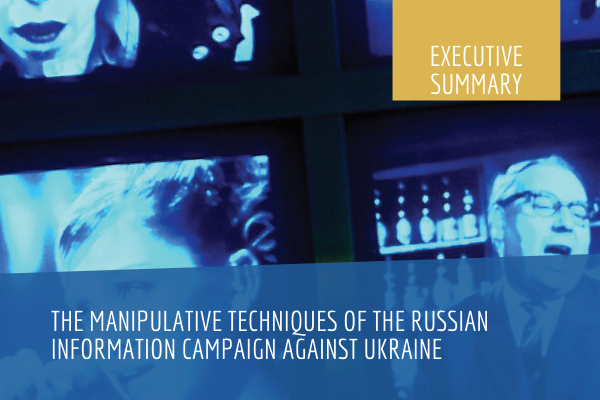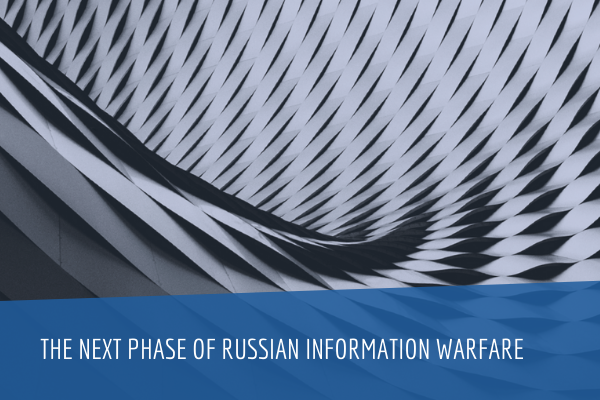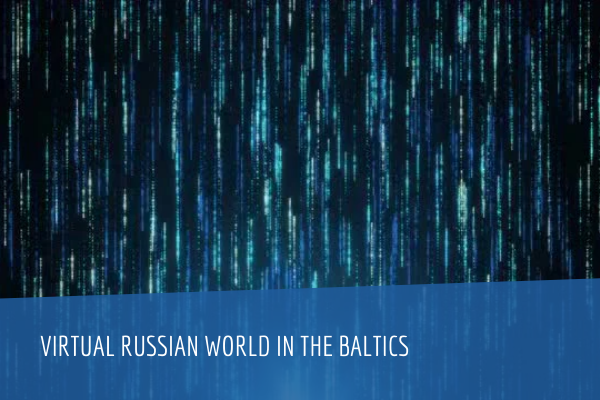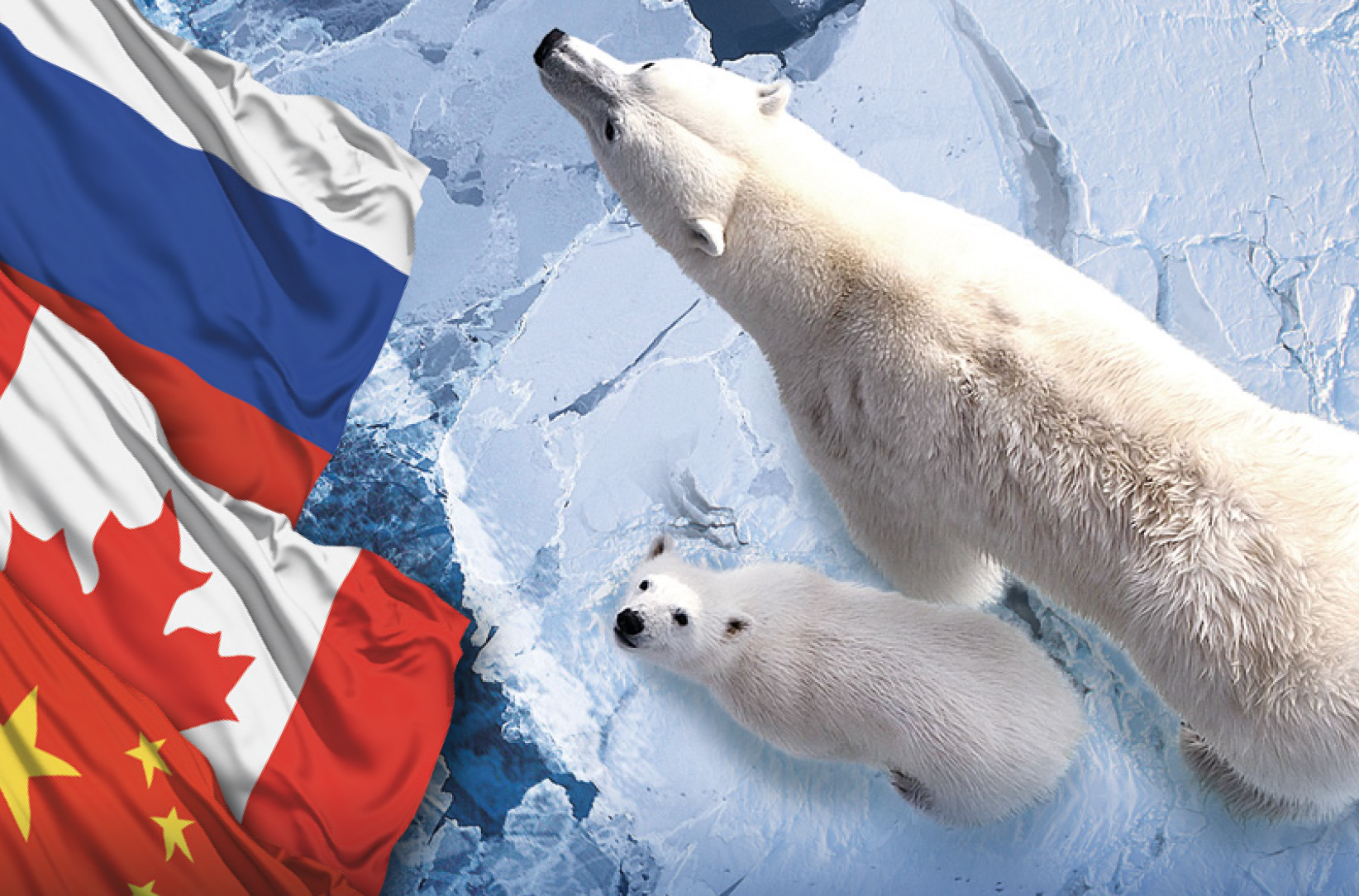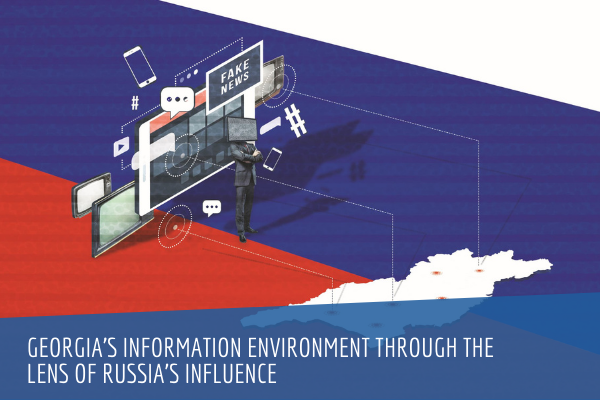Executive Summary
This document summarises part of a larger research “Euro-Atlantic Values and Russia’s Strategic Communication in the Euro-Atlantic space” (2015) commissioned by the NATO StratCom COE to the Center for International Studies (Latvia). The overall aim of the research is to identify means how Russia with the help of mass media influences the Euro-Atlantic values and re-defines the meaning of democracy, media freedom, human rights, trust to international organizations, freedom of speech and other values in the Euro-Atlantic space for different societal groups during the crisis in Ukraine.
The political rhetoric, political content and narrative is analysed in the following audio-visual platforms: Первый канал (Pervij Kanal), RT (previously - Russia Today) and Sputnik. The research includes four case studies: the downing of the passenger liner MH-17, issuing of economic counter-sanctions, first humanitarian convoy and Minsk talks on the cease-fire deal (the so-called Minsk II).
The research has identified the following manipulative techniques applied by Russia for its information campaign:
- Importance/Placement. Presence of the issue in the agenda and the placement of an issue in a news program. The importance of the issue/event can be highlighted or toned down depending on the chosen length of the report and the style (for example, the voice of the reporter). Reporting on downing of the MH-17 is an explicit example.
- Testimony. Referring to quotes (the use of different sources, i.e. from authorities to common man) to support or reject the message.
- Silence. Avoidance of presenting contesting arguments. The issue is reported with an important aspect missing from the report. This technique has been explicitly used in order to avoid linking the issue of economic counter-sanctions with the situation in Ukraine.
- Repetition. Message is repeated many times within a news program in either one news story or different news stories, or even repeated on other days (possibly during the course of several days). Explicit example – report on the loss of trust in Ukrainian armed forces.
- Authority. The use of a person or institution, which has high level of trust and popularity (President Putin). The use of other authorities (ministers or subject state institutions) depend on hierarchy and the need to reinforce the original message. Explicit example: Putin as the highest and possibly the most effective source of authority. He is commenting any question which is considered to be important
- Expertise/Voice of an expert. Appealing to expertise, which is close to authority, but is not connected with the hierarchy. The use of experts is giving a sense of plurality of views, which is actually false and points to the same narrative/message.
- Simplification. Simple reading/understanding of complex processes and issues, leaving aside difficult issues or significant details.
- In-out grouping. Intentional separating or uniting people in groups, supported by the Labelling technique.
- The Common Man. Voicing opinions of ordinary people (like most of the TV viewers themselves), thus providing a sense of knowing how things actually are in the reality and how and average person feels about it.
- Unification/Equation. Uniting issues or processes that support the leading message. This technique is most often used together with the Labelling technique.
- Labelling. Specific linguistic naming of issues or groups aimed at constructing the needed context. Explicit examples – labelling terrorist groupings as separatist forces and representatives of the de-facto Crimea administration as the Government of Crimea.
- Comparing differences or similarities. Selective comparison aimed at constructing the necessary narrative, e.g. the Right Sector in Ukraine being almost the same or very similar to the Nazi.
- The least of possible evils. Perhaps the presented solution is not good enough, but it is the best in the respective moment.
- Moral superiority. Based on Comparison technique, it serves to justify moral superiority over other nations and states. (Russia morally superior to the West)
- Hypothetical future. A guideline (what Russia as a key player should achieve) or a threat (what Russia should avoid at any cost). The possibility to influence the future is a different question, but Russia is portrayed as doing everything to shape the future in the “right direction”.
- Pseudo-plurality. Variety of presented opinions have been selective or insufficient. Sense of plurality is constructed according to the dominating message. This technique is mainly used to criticize Ukraine and the democratic West.
- Victimisation. One side is labelled as a victim, without providing the context and assessment of who is the victim and who is the perpetrator.
- Statistics. Flow of numbers and figures (with and without referencing the source) is used to legitimise an issue or a point of view.
- Role model (integrity/solidarity). Providing a role model on how to behave in a situation. The role model’s behaviour is being legitimised by a variety of sources.
- “The other screen”. Promotion of hashtags, social networks, accounts to follow. Discreditation of some accounts/users.
Application of manipulative techniques in four case-studies:
- Downing of passenger liner MH-17 provided material for analysis of the techniques of the RT and Первый канал, including cooperation between the two platforms in an emergency (not planned) situation. Although both channels spread multitude of common versions of the events, it was possible to detect differences in the narrative. For example, the role of the USA in the tragedy was reflected differently on RT International, RT America and Первый канал. In addition, the importance of the events was kept low-key on RT America. The main strategies for legitimisation were rationalisation, authority and expertise. Первый канал downplayed the emotional side of the reporting (less human stories and displays of emotions).
- The introduction of economic counter-sanctions, which was an event planned by the Kremlin, confirms the segmentation of the audiences. On RT America this topic was omitted, on RT International the main focus was on the in-out grouping of the Western democracies, based on “rational approach” (statistics, expert voices, emotions of ordinary farmers). At the same time on Первый канал the audience was instructed (by the help of role-models) and the linkage of the counter-sanctions to the events in Ukraine was omitted.
- First humanitarian convoy was a planned event which was used to demonstrate the moral superiority of Russia. The demoralisation of Ukraine and some particular Ukrainian political groupings was ensured by the usage of specially chosen video reports of unclear origin (labelling, in-out grouping, use of “the common man” to cause particular emotions). The visualisation was filled with individuals experiencing pain, remains of dead bodies, artefacts related to children (close-ups, background and presence during interviews). During the reports of the Первый канал instruction of the Ukrainian soldiers/their relatives was attempted (remain out of the conflict!), as well as instruction of the viewers (how to act against Western and Ukrainian information campaigns).
- Minsk cease-fire talks (the so-called Minsk II) was a planned and partially controlled event which demonstrated infotainment - that was not present in the previous case studies. Special attention was devoted to details, music, entertaining material on the “second screen” (taken from the social media), thus attempting to decrease the tension. That mostly refers to the content of RT and Sputniknews portal (Spuntniknews was analysed for this particular case study). The infotainment was prevalent only during the first days of the Minsk II; later on the reporting became similar to the case of the first humanitarian convoy in terms of the emotional background.
The study on re-definition of Transatlantic values is relevant not only for understanding how different manipulation techniques are applied in media sphere but also highlights how they are reflected in international relations realm at much wider scale. The argument recently raised by policy makers that the essence of Russian propaganda has been revealed and its influence has decreased due to counter-measures applied by democratic community can be false and even misleading. The construction, de-construction and re-construction of international environment by Russia will be a long-term process and manipulation techniques used during Ukrainian crisis/war will became more sophisticated and will find its manifestation in Russia’s relations with states and international organizations.
Russia is well armed with knowledge about different target groups domestically and internationally. Construction of narratives in news programmes presented by RT and Первый канал prove that identical messages can be adapted and contextualized according to interests of TV viewers. In case of RT such techniques as labelling, authority, infotainment are used for undermining quality of media, objectivity of presented news, credibility of western politicians and international organizations. In the end the western society becomes increasingly divided over controversalities presented in media questioning efficiency of foreign and security policies and credibility of respective political leaders, whilst in Russia, state’s control over media allows to strengthen present coherent and clear messages supporting and solidifying the position of political elite and V.Putin, whose policies in the international arena are not questioned by citizens.
„Success” or failure of Russia’s manipulation efforts on European and global scale depend on:
- the ability to withstand efforts to re-define democratic values. Democratic values in western societies have come to be taken for granted; we must renew our appreciation for their power to preserve peace, security, and prosperity. The complexity of the many crises surrounding the Transatlantic Community has contributed to the discussion of whether the values we rely on today properly serve the interests of the democratic countries. It is the responsibility of politicians, experts, and all members of civil society itself to disperse the fog that has settled over our understanding;
- the ability of the Transatlantic Community to communicate the concepts and tools we need to use to defend and preserve democracy. Simple countermeasures, such as providing sound information to balance Russia’s subversive propaganda, are not enough, because large segments of Russian society have limited access to knowledge, activists and truth-seekers have limited financial resources to build comprehensive and efficient media platforms, and the current regime places constraints and barriers on activities that promote civil society;
- our ability to be honest with ourselves and use a healthy dose of self-criticism to examine our attitudes and beliefs and remain calm in the face of adversity, and the ability to cast a clear and critical eye on attempts by non-democratic regimes to re-define our democratic values.
